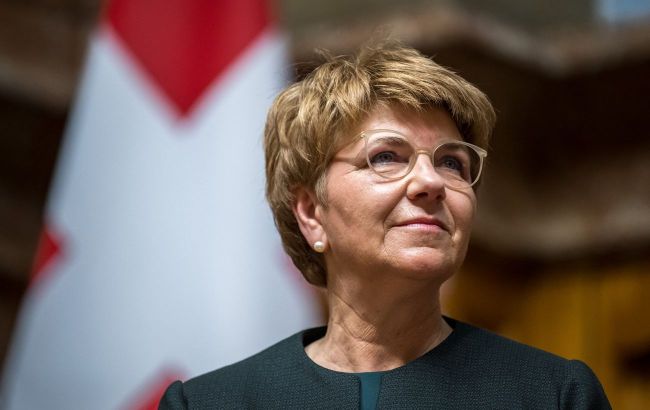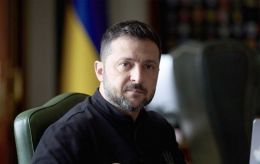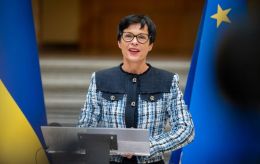Switzerland to increase defense spending to $22 billion amid war in Ukraine
 President of Switzerland Viola Amherd (Photo: Getty Images)
President of Switzerland Viola Amherd (Photo: Getty Images)
The Swiss government has decided to increase military spending in the coming years. By 2035, the country plans to spend over $22 billion on defense, according to Swiss President Viola Amherd.
According to her, by 2035, approximately $22 billion of additional funding will be allocated. It is worth noting that in 2023, Switzerland allocated about $2 billion for defense.
"The security policy situation is obviously difficult given the current instability, with a war on the European continent, armed conflicts in the Middle East and other flashpoints in the world," she said.
She noted that Switzerland would also build a new data processing center for the military and modernize some bases. In addition, plans include the purchase of new military equipment, including guided missiles and mobile radars for ground forces, as well as improving communication systems.
These actions by Switzerland are related to concerns among EU leaders regarding security and statements by former U.S. President Donald Trump that Washington may not defend NATO members from a potential Russian attack if they do not spend enough on defense.
What did Trump say?
On February 10 in South Carolina, Trump said he would not want to defend NATO members from a Russian attack if the contribution of these countries to the defense alliance was insufficient.
"No, I would not protect you. In fact, I would encourage them to do whatever the hell they want. You've got to pay. You got to pay your bills," Trump said.
These statements were criticized by the White House, which called them "terrible and insane," as well as by other high-ranking Western officials. In particular, U.S. President Joe Biden called Donald Trump a "useful lackey" for Putin.
It should be noted that the inability of many of NATO's 31 members to reach the target defense spending of at least 2% of gross domestic product has long been a sticking point between the U.S. and other Alliance member countries. It has reached the point where during discussions of NATO Secretary General candidates, the contribution of a country to Alliance defense was taken into account.
As Politico previously reported, some American lawmakers strongly opposed the candidacy of Mark Rutte, as the Netherlands couldn't consistently meet the target NATO defense spending of 2% of GDP. Unlike the Dutch government, the government of Estonian Prime Minister Kaja Kallas, who was also listed as a candidate, had agreed to increase defense spending to 3% of GDP for 2024-2027 from 2.85% this year. The figures put Rutte at a disadvantage compared to the Estonian Prime Minister.
NATO is preparing for possible escalations
Earlier, the head of NATO's Military Committee, Admiral Rob Bauer, said that the Alliance needed transformation, and the West needed to prepare for an era in which anything could happen at any time, including the start of a war.
His remarks came amid delays or restrictions on military aid to Ukraine from the U.S. and the EU.
On January 16, Ukrainian President Volodymyr Zelenskyy warned that Western wavering in support of Kyiv and fears of an escalation of the war with Russia could prolong the fighting for years.
Earlier, Bild wrote that NATO intended to conduct large-scale exercises involving around 90,000 servicemen in February. The scenario of the exercises was an attack by the Russian Federation on Alliance territory.

